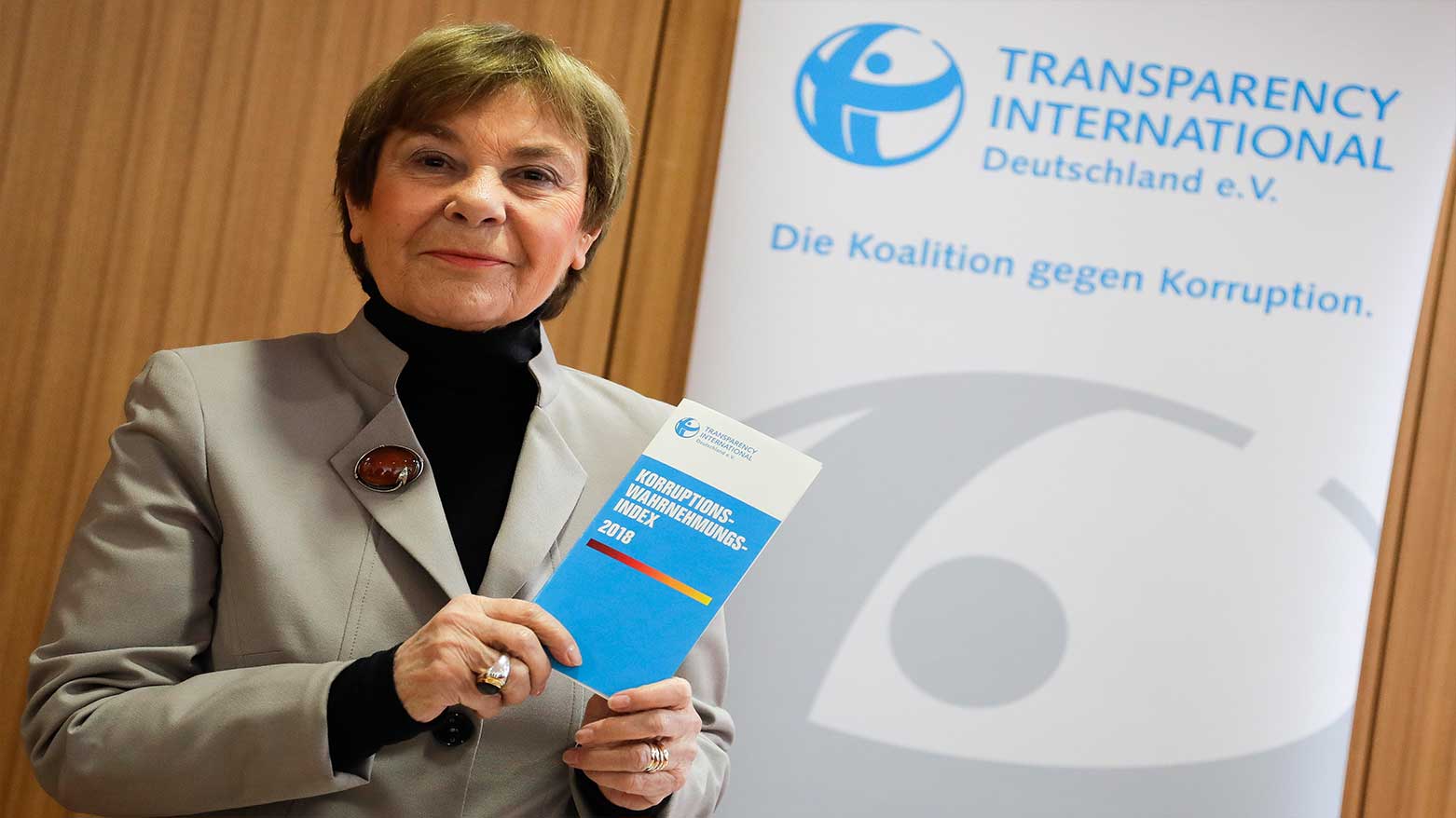Transparency International: Corruption Remains Entrenched in Middle East as Leaders Consolidate Power
"In the Middle East and North Africa, the situation of anti-corruption efforts “remains bleak” as political leaders exert near-absolute control while benefiting from wealth and clamping down on dissent," Transparency International

ERBIL (Kurdistan24) – Global corruption levels remain alarmingly high, with anti-corruption efforts stagnating or deteriorating in many regions, Transparency International warned in its 2024 Corruption Perceptions Index (CPI), released on Tuesday. The report paints a bleak picture of governance worldwide, with nearly 50 countries experiencing their worst scores in more than a decade.
According to the Berlin-based watchdog, the Middle East and North Africa (MENA) region remains among the most troubling areas, where political leaders maintain near-absolute control, amass vast wealth, and suppress dissent. “Anti-corruption efforts in MENA remain bleak, as ruling elites continue to prioritize personal and political gains over transparency and accountability,” the report stated.
Globally, the CPI ranks 180 countries and territories on a scale from 0 (highly corrupt) to 100 (very clean), using 13 data sources from institutions such as the World Bank and the World Economic Forum. The 2024 index recorded no improvement in the global average, which remains at 43, with more than two-thirds of countries scoring below 50—an indication of systemic corruption.
Corruption in the Middle East and Beyond
The report highlights the entrenched corruption in conflict-ridden nations such as Syria, which scored just 12 points, making it one of the world’s most corrupt countries. It noted that despite the ongoing political turmoil, “unforeseen opportunities are also emerging,” referencing potential shifts following the decline of President Bashar al-Assad’s influence.
South Sudan fell to the bottom of the index with a mere 8 points, overtaking Somalia, which dropped to 9. Other nations at the lowest ranks include Venezuela (10) and Syria (12), underscoring the link between political instability, authoritarian governance, and systemic corruption.
Among leading world powers, the United States suffered a notable decline, dropping from 69 to 65 points and slipping from 24th to 28th place. Transparency International cited concerns over the U.S. judicial branch, noting that while the Supreme Court adopted its first-ever code of ethics in 2023, “serious questions remain about the lack of meaningful enforcement mechanisms.”
Western European nations also saw setbacks. France declined four points to 67, while Germany dropped three points to 75. Canada, once considered a beacon of transparency, also fell by one point to 75, tying with Germany in 15th place.
Meanwhile, Russia, long criticized for its corruption and authoritarianism, fell another four points to 22. Transparency International attributed the decline to the country’s ongoing war in Ukraine, which has “further entrenched authoritarian rule and weakened anti-corruption safeguards.”
Ukraine, while experiencing a minor one-point drop to 35, was commended for progress in judicial independence and high-level corruption prosecutions.
A Call for Stronger Reforms
Transparency International’s findings emphasize the need for decisive action to combat corruption, particularly in regions where political elites resist accountability. The report also warns of increasing corruption risks in climate change initiatives, as opaque governance structures and private sector interference could undermine efforts to allocate resources effectively.
“The world is at a critical juncture,” Transparency International said. “Without stronger reforms, corruption will continue to erode trust in institutions, fuel instability, and block progress on global challenges.”
As corruption remains a defining issue in many regions, the organization urges governments to prioritize transparency, independent oversight, and stronger enforcement mechanisms to restore public confidence and ensure fair governance.